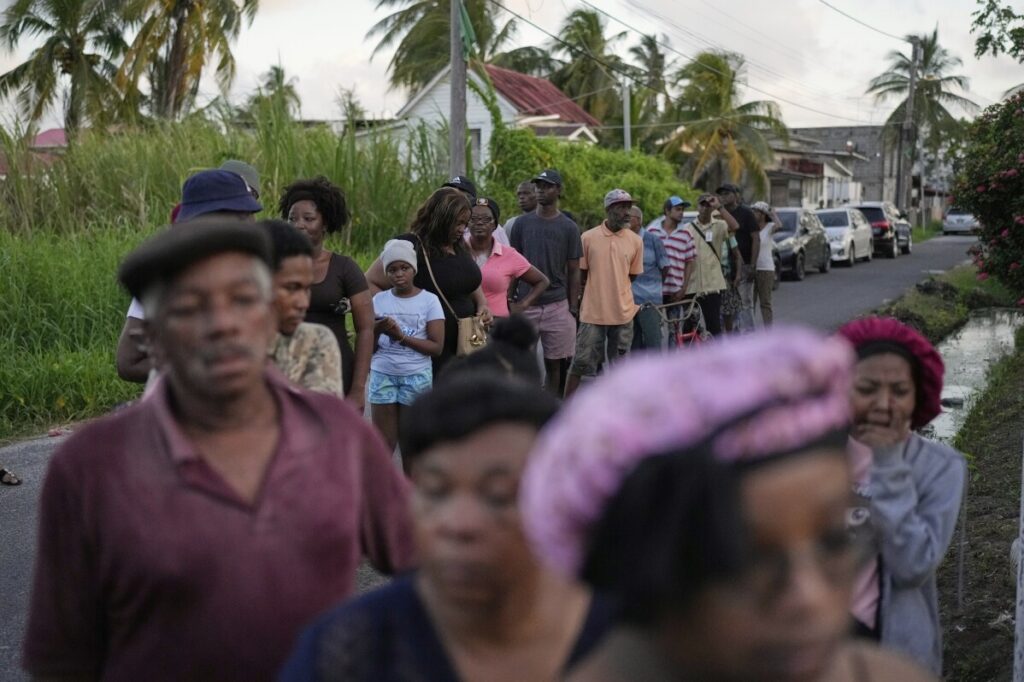Oil Wealth Fuels Political Upheaval in Guyana With Questionable Actors Rising
Guyana’s newfound oil wealth hasn’t brought stable governance. Instead, a controversial businessman sanctioned for corruption is rising as opposition leader, threatening national sovereignty and rule of law.

As Guyana stands on the cusp of a new parliamentary session following its recent elections, a troubling narrative emerges beneath the surface of this resource-rich nation’s political landscape. The governing People’s Progressive Party (PPP), led by President Irfaan Ali, appears poised to secure another term amid vast oil and gas revenues swamping the South American country.
Is Guyana Trading Sovereignty for Short-Term Gains?
The election results reveal more than just shifting party fortunes. A new political force, We Invest in Nationhood (WIN), has surged unexpectedly into prominence, poised to become the principal opposition bloc. Yet WIN’s ascent is shadowed by its leader’s tainted record: Azruddin Mohamed faces U.S. Treasury sanctions tied to years-long bribery schemes involving gold exports—an alarming indicator that corruption may entrench itself deeper into Guyana’s political fabric despite international warnings.
How does a figure under such clouded scrutiny capture the trust of over 100,000 voters, many young and vulnerable? The answer lies in a disturbing trend where cash handouts and populist appeals replace sober fiscal policy debates—a recipe that courts instability rather than sustainable growth. This dynamic weakens democratic institutions and undermines the principles of transparency critical to protecting national sovereignty in an era when foreign interests eye Guyana’s oil riches.
What Does This Mean for America First Interests?
For Americans watching from afar, Guyana’s troubles are more than regional affairs; they highlight how resource wealth without strong governance invites exploitation and corruption that eventually ripple across borders. Instability in an emerging energy producer complicates global energy markets and threatens the secure supply chains pivotal to U.S. economic security.
The Biden administration’s cautious stance toward Mohamed underscores Washington’s dilemma but also raises questions about its effectiveness in safeguarding democratic allies against corrupt actors seeking power under cover of populism. Meanwhile, President Ali’s continuation signals some stability—but only if real reforms accompany it.
Ultimately, America must advocate for governance that respects law, promotes economic liberty without handouts, and defends sovereignty against corrupt insiders masquerading as champions of the people. Otherwise, Guyana risks becoming yet another cautionary tale where oil wealth enriches elites while ordinary citizens remain vulnerable—and geopolitical rivals exploit chaos to undermine Western interests.
